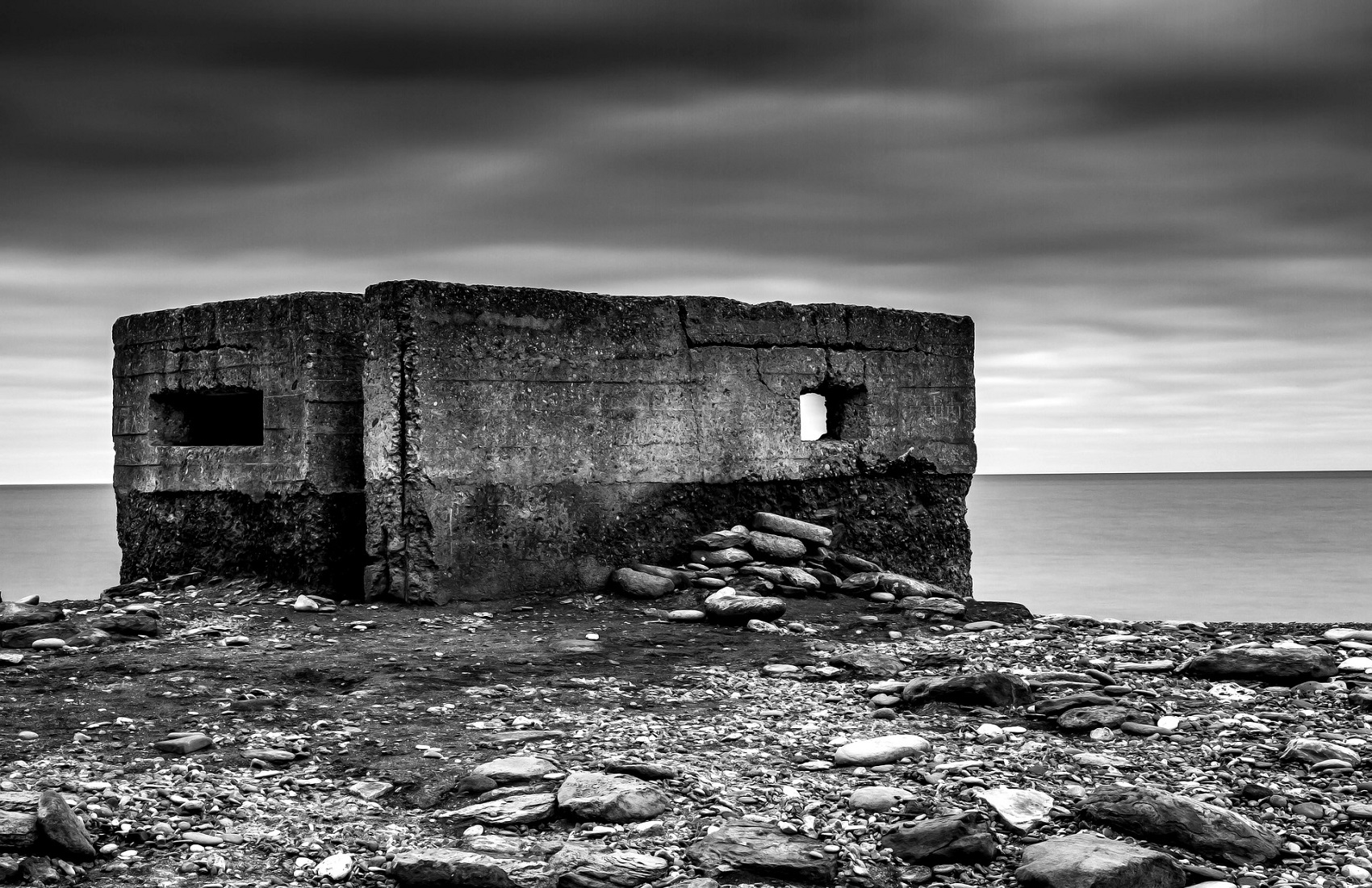
World War I was one of the two most powerful and terrible armed conflicts in human history. It involved several countries, each of which suffered seriously. World War I lasted from July 28, 1914 to November 11, 1918. The facts show that in the first year of the war alone, 70 million people took part in the hostilities, 60 million of them in Europe, 9 to 10 million were killed. There were also millions of civilian casualties. According to various reports, 7 to 12 million civilians died in World War I, and 55 million people were affected.
Causes of World War I
Officially, World War I began with the assassination in Sarajevo, where on June 28, 1914, a nineteen-year-old Bosnian Serb, Gavrilo Princip, a terrorist, killed Archduke Franz Ferdinand and his wife, Sofia Hotek, heir to the Austro-Hungarian throne.
In fact, tensions between the great powers-Germany, Austria-Hungary, Italy, France, Great Britain, and Russia-had been building for a long time. Germany wanted world expansion, but the colonial division was already over by then. By defeating England and France, Germany was consolidating its position on the world stage. Meanwhile, in 1891 Russia and France entered into a military alliance under the name “Cordiale Concorde,” while Austria-Hungary fought to retain Bosnia and Herzegovina and countered Russia in trying to protect “their” in the Balkans.
By 1914, two blocs of opposing sides had formed, whose conflicts formed the basis for World War I:
- The Entente bloc: Russian Empire, Britain, and France. It was formed in 1907 after the conclusion of the Russian-French, Anglo-French and Anglo-Russian treaties of alliance.
- The Triple Alliance bloc: Germany, Austria-Hungary, and Italy.
Results of World War I
The results of World War I were significant casualties. In addition, historians believe that the war was a catalyst for major revolutions, including the February 1917 bourgeois and October 1917 socialist revolutions in Russia and the November 1918 revolution in Germany.
Four empires collapsed:
- Russian,
- Austro-Hungarian,
- Ottoman,
- The German Empire.